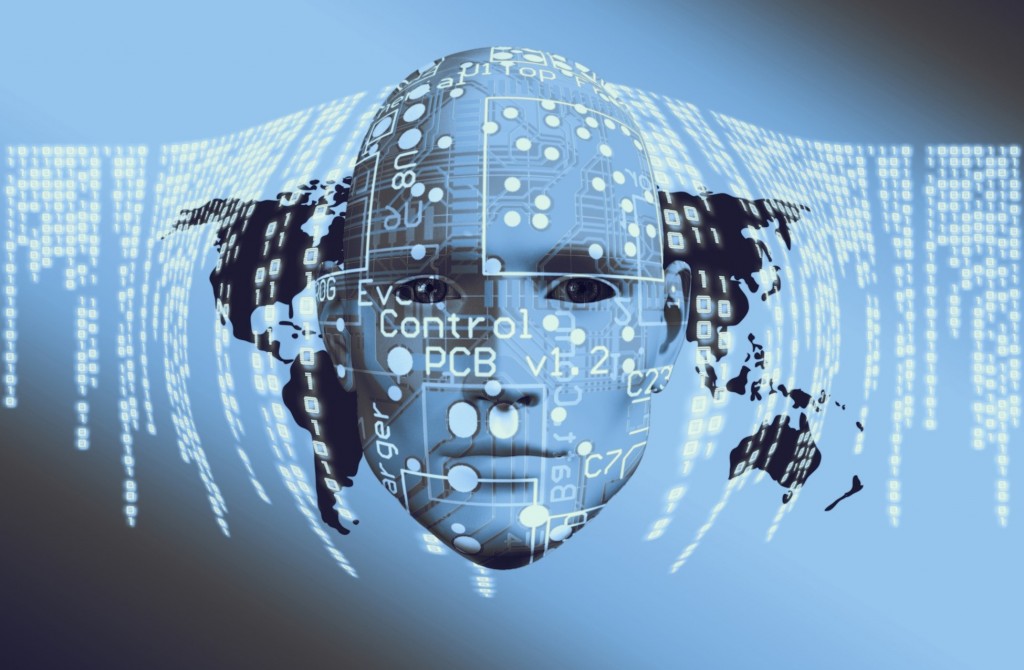Artificial Intelligence: An Introduction
Artificial intelligence (AI) is software that performs tasks without human intervention or minimal intervention. To achieve this, developers and data scientists implement machine learning (ML) processes. These are essentially complex algorithms that teach machines various learning techniques.
A notable sub-field of ML is deep learning (DL), which has been said to significantly aid the development of various autonomous capabilities of AI. Interestingly, many AI models, such as deep learning computer vision models, are modeled on the processes of the human brain. Particularly, these models have been highly effective in improving complex operations like natural language processing and image recognition.
A key driver of artificial intelligence is the massive computing power available today to individuals and organizations of all sizes. The infrastructure as a service (IaaS) model allows anyone to rent computing power by the hour, making it possible to train large artificial intelligence models at very low cost. High Performance Computing (HPC), also made widely available by public cloud providers, allows anyone to run massively-parallel computing jobs that previously required supercomputers costing millions of dollars.
How Artificial Intelligence is Changing the Global Economy
AI may have started as unique projects owned by few, but today AI is lodged center-stage in economies worldwide. The technology has advanced greatly since its early days as a chess-playing or checkers-playing program.
In today’s economy AI plays key roles: from search algorithms that help people discover information, to text-to-speech applications that provide accessibility, through development automation, and personalization algorithms that serve users content according to their needs and interests.
However, while AI penetrates almost every aspect of human life, it is not distributed equally. The gap left has put those who have only just started adopting AI far behind. This gap might be difficult to bridge due to the time it takes to train AI models and the high costs of talent and resources. This race is not only between organizations in the business sector, but also between countries.
Some countries have been long known as leaders and adopters of highly innovative technologies, like South Korea, while other countries have been slow to adopt, some launching their own AI initiatives only in 2017. In the hands of nations, AI is not only a tool for increasing efficiency but also what might determine economic growth and military supremacy. Often, these supremacy lands in the hands of those with the deepest pockets.
Deep pockets can help ensure the continuous development of AI technologies, but also concentrates high levels of power in the hands of few. To ensure fair use of AI, there is a need for more regulation, especially when AI is applied to weaponry or in itself becomes a weapon.
Clearing the Path to an AI Future
According to Elon Musk, AI can easily turn into humankind’s “biggest existential threat.” This might explain why Musk is actively working on projects that could potentially give humans an edge over AI (like Neuralink) or escape in case of a takeover (like SpaceX).
Ray Kurzweil, like many futurists, shows an optimistic view when it comes to AI and technology. He hopes AI could help humankind make “major strides in addressing the world’s grand challenges.”
Some might say that the way in which these two opposing eventualities eventually occur depends on how society transitions to the era of AI. This means that all stakeholders should be able to deal with AI challenges.
AI challenges often relate to the intellectual, technological, political, ethical, and social aspects of AI, all of which are often quite complex. However, seeing as AI is already integrated into practically all aspects of life, it might be safe to say that the AI future is here. It is just not regulated, and this might be the cause of many issues.
Encourage AI Regulation
Once AI matures enough to operate sophisticated machinery with no human intervention, regulation will become critical. For example, much research is dedicated to autonomous vehicles and the decisions the AI software performs on behalf of the passenger it conveys.
When AI drives the vehicle, and an accident is about to occur, the software will need to make an ethical decision. If, to save the vehicle’s passengers, the AI driving the car will need to hit a passenger who has suddenly jumped into the road, what should the AI do? And if the accident occurs, who is liable? Or, more accurately, who can take responsibility?
Should we program these decisions into the AI software or let it learn? There are many questions that still need to be answered. Every question answered should be regulated. As more autonomous vehicles and robots are deployed, as AI integrates in more aspects of human life, regulations should provide guidelines into practices that ensure safety, transparency, and ethical behavior.
Advocate a Code of Ethics for AI
Regulations should not only apply to humans. Rather, it is critical that AI software of all varieties should operate under a code of ethics. This code can help AI navigate through tricky situations, and perhaps it might help humans feel safer when dealing with AI.
Humans, too, have a code of ethics. If AI is to take over fields like therapy, as in the case of therapy bots, then it should especially be accountable to a code of ethics. In general, though, all AI should have a code of ethics, including algorithms built for collecting and analyzing data.
Address the Redistribution Effects
Many people are worried that AI will take over their jobs, reduce incomes, and negatively affect inequality. To ensure AI can seamlessly integrate into human life, human apprehension should be addressed by policy makers and any relevant parties.
There are advantages and disadvantages to anything. While AI certainly has a disadvantageous side, there is also much to gain by using AI. With the help of AI, researchers might be able to address major global issues, like climate changes and lack of access to proper healthcare.
Naturally, AI will make many tasks redundant. In some cases, this might save lives. If AI-based rescue and search drones are deployed in dangerous places, the people typically performing these rescues might be saved from risking their lives. In other cases, AI might completely take over certain jobs. The people who held these jobs might need to make a career change. This, too, doesn’t have to have a negative impact, if handled ethically.
Conclusion
As AI integrates more into human life, it also integrates more firmly into local and global economies. There are many AI challenges that should be addressed and regulated. Ethics, in particular, is a concern of those keeping an eye on AI developments. Loss of jobs is a concern shared by human beings throughout the world. Before the world shifts from an information age to an AI age, many issues should be addressed and regulation should be standardized.
Author Bio: Gilad David Maayan

Gilad David Maayan is a technology writer who has worked with over 150 technology companies including SAP, Imperva, Samsung NEXT, NetApp and Ixia, producing technical and thought leadership content that elucidates technical solutions for developers and IT leadership. Today he heads Agile SEO, the leading marketing agency in the technology industry.




Good Article
Submitted by dfwfenceandarborpro on Wed, 09/01/2021 - 08:08
Good Article
Become a Data Science Expert…
Submitted by Innomatics on Mon, 10/25/2021 - 08:58
Become a Data Science Expert with Innomatics. we provide Classroom training on Data Science course in Hyderabad for the individuals who believe hand-held training. We teach as per the Indian Standard Time (IST) with In-depth practical Knowledge on each topic in classroom training, 80 – 90 Hrs of Real-time practical training classes. There are different slots available on weekends or weekdays according to your choices.
That's true, but I think it…
Submitted by Jin Zalcburg on Thu, 11/24/2022 - 12:37
That's true, but I think it'll take a while to come up with something that works actually well. And if there will be something like that, I'll definitely check out various car rental companies like premierautomiami.com first and check out such car to see how they work, I think it can be pretty interesting.